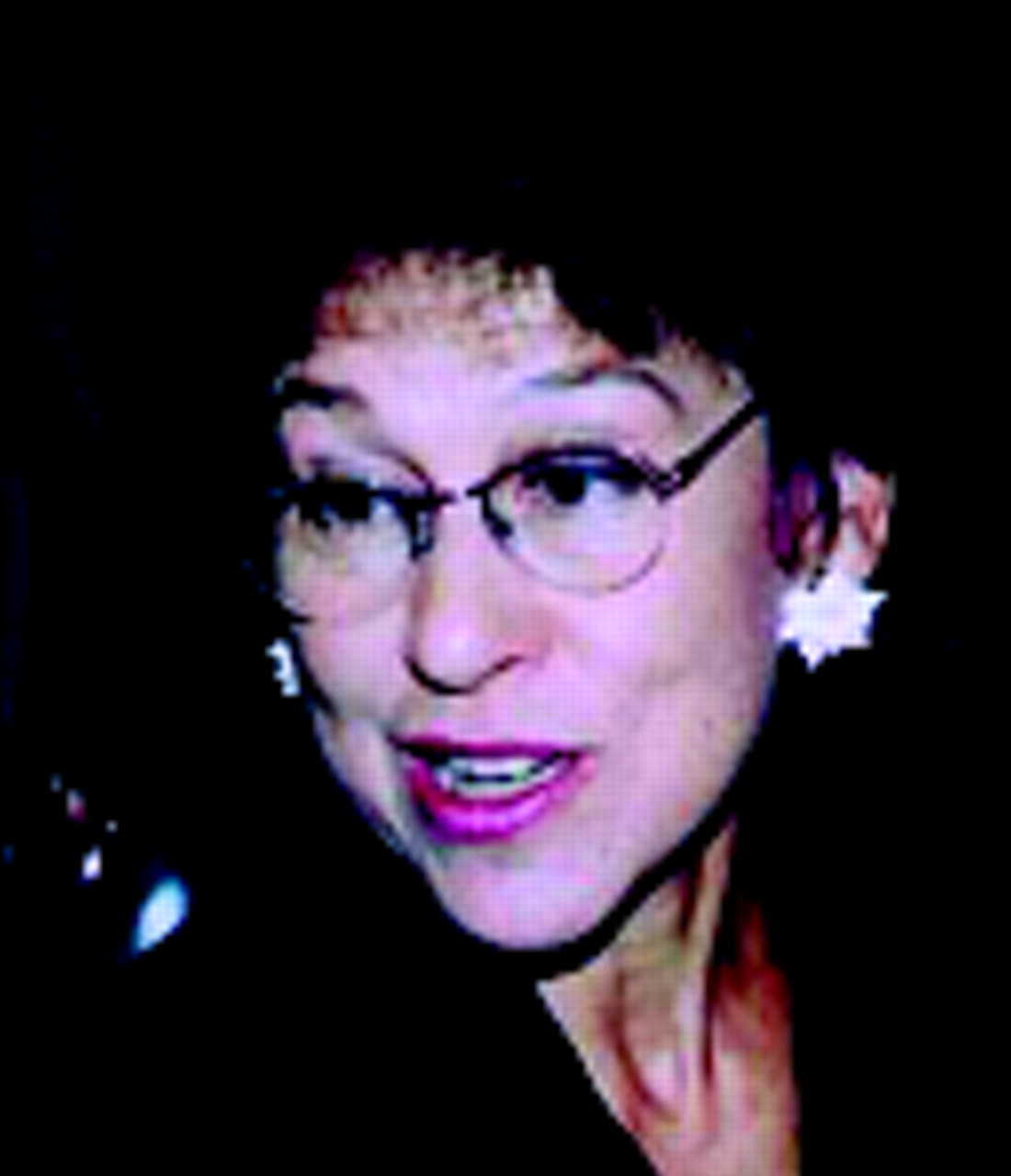APA Puts Women’s Network A Mouse Click Away
Since 1997 APA’s Office of Career Development and Women’s Programs has matched women psychiatrists with appropriate mentors painstakingly and meticulously by hand.
Now, that office is finally able to put the speed and power of the Internet to work for them. Women members of APA can go online, complete a brief questionnaire, and find the mentor who is best suited to their particular needs.

Leslie Hartley Gise, M.D.: “Mentoring is part of our professional responsibility.”
Gise, a clinical professor of psychiatry at the University of Hawaii in Honolulu, told Psychiatric News that mentoring helped her when she was a young psychiatrist. Her mentor connected her with other people in the field and helped her to advance academically.
Gise acknowledged that times have changed since she was mentored. “Now we are using new technology to enhance the process of mentoring,” she said, referring to the new Web site.
How does it work? Women members of APA are prompted to enter pertinent information about themselves and their professional interests into the registration window of the Women’s Mentoring Network Web site, which can be accessed through the Members Corner section of APA’s Web site at www.psych.org.
Mentors are asked to list career and professional interests about which they would like to share their expertise, in addition to other issues, such as balancing career and family, or choosing a residency or fellowship.
When registration is completed, women psychiatrists searching for mentors specify the experience and attributes they would like their mentor to have. They then click on the search button, and a list of mentors appears.
Calling All Mentors
To ensure that all women psychiatrists who would like a mentor can be assigned one, APA is looking for women who will serve as mentors.
Perhaps one incentive, according to Gise, is that mentoring others is second nature to many psychiatrists. “It is no different from what we do when we educate patients—it is part of our professional responsibility.”
Deborah Hales, M.D., director of APA’s Department of Education and Career Development, also sang the praises of mentorship.
Hales, who is a mentor in the Women’s Mentoring Network, has had a great deal of experience mentoring residents in a previous position as director of the psychiatry residency training program at San Mateo County Mental Health Services, where she worked for 12 years.
Benefits for Mentees, Mentors
“There are benefits both ways—for the mentee and the mentor,” Hales told Psychiatric News. “Not only that, you often make a friend.”
While the benefits for mentees may be obvious to most, mentors reap benefits from the mentoring experience as well, said Hales. “It is gratifying to share your knowledge, and young people help you to stay more connected to different aspects of psychiatry that you may not be aware of.”
Aiding someone in a career move is also gratifying, explained Hales, who recently helped someone she mentored become a board examiner for the American Board of Psychiatry and Neurology. “It was really terrific to see the fruits of my mentorship,” she said.
Mentoring, she remarked, brings something unique to the learning experience. “Mentoring adds the personal element. You can always read something in a book or journal, but it takes contact with people to really help you make your way in the field,” said Hales. “Mentors can open doors for you that might otherwise not be open.”
More information about the Women’s Mentoring Network can be obtained by contacting Tara McLoughlin, director of APA’s Office of Career Development and Women’s Programs, by phone at (202) 682-6171 or by e-mail at [email protected]. ▪



